Anonymity vs. privacy: Which is more important in the digital world?
Just because you are doing something anonymously on the internet doesn’t mean your information is private and vice versa. While the terms ‘privacy’ and ‘anonymity’ are often used interchangeably when discussing online security, they are completely different concepts and should be treated as such. In this blog post, we will explore the distinction between the two, and discuss which one is more important.
Anonymity safeguards your identity
Anonymity can be defined as the state of being unidentified. In the online world, it refers to keeping your identity separate from your actions while accessing the internet so that nobody knows who you are even if they can potentially see your web activity.
For example, you may use a pseudonym to create a social media account or post content anonymously on an online forum. While other users will likely not be able to discover your identity, they will have access to the information you share online.
Who needs online anonymity?
Online anonymity can be crucial for activists, whistleblowers, and victims of abuse.
How to achieve online anonymity?
Let’s look at some ways you can achieve anonymity in the digital world.
- Use a VPN: A VPN like PureVPN does more than hiding your IP address, it also protects your browsing history and encrypts your communication..
- Use a temporary email address: Creating a disposable email address for a social media platform or online forum can also help you maintain your anonymity for online security.
- Use an encrypted browser: Instead of using a regular browser, opt for a secure browser to shield your online activity from prying eyes.
Privacy safeguards your information
You likely don’t want scammers to gain access to your sensitive information when you access the banking app on your smartphone or purchase something through an online retailer. This is where online privacy comes into play. It refers to keeping your data and actions confidential without hiding your identity.
Online privacy is a fundamental human right as it keeps your personal data safe from misuse. The most common privacy issues on social media include identity theft, surveillance, and location tracking. However, with the right tools, you can strengthen your digital security without falling victim to a hacker.
Who needs online privacy?
In today’s digital world, every individual needs online privacy. After all, who would want others to see what website they visit or which posts they make on the internet.
How to achieve online privacy?
Here are some of the most effective tips for increasing your online privacy:
- Social privacy settings: One of the most common ways scammers gain access to your personal information is through social media. Customizing your privacy settings can give you complete control over who can see your posts.
- Create strong passwords: It may be tempting to use the same passwords for multiple social media accounts, but it is not a good practice and can potentially put your privacy at risk. Creating unique passwords can help improve your digital lifestyle.
- Enable two-factor authentication: Two-factor authentication has become essential for online security. It protects your social media accounts by asking for an authentication code or biometric verification instead of relying solely on password.
Which one is more important in today’s online world?
Anonymity and privacy are among the most crucial aspects of digital security. Nevertheless, if we are to compare the two, online privacy should be your top priority when accessing the internet. Everyone should be able to control who can view their full name, email address, phone number, banking details, and other personal information.
Meanwhile, anonymity can be just as important, especially if you have to share sensitive material or information online. However, it may not be as useful on a day-to-day basis as privacy.
Conclusion
Since social media tracking and data breaches have made online security a top concern, confusing the concepts of anonymity and privacy can put your digital lifestyle at risk.
admin

May 4, 2023

2 years
suggested blogs
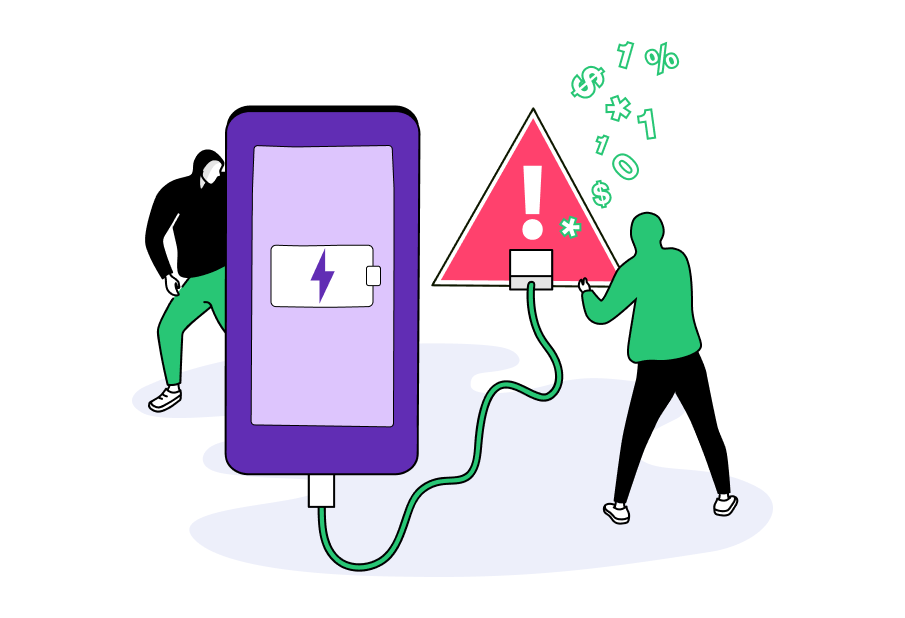
Planning the most-awaited vacation break soon but are having cyberattack nightmares? Or want to explore new destinations, yet the personal data breach headlines keep spreading…
Read more
Social media tracking has become an integral part of our daily lives, with social media platforms collecting data about our online behaviors, preferences, and interactions.…
Read more
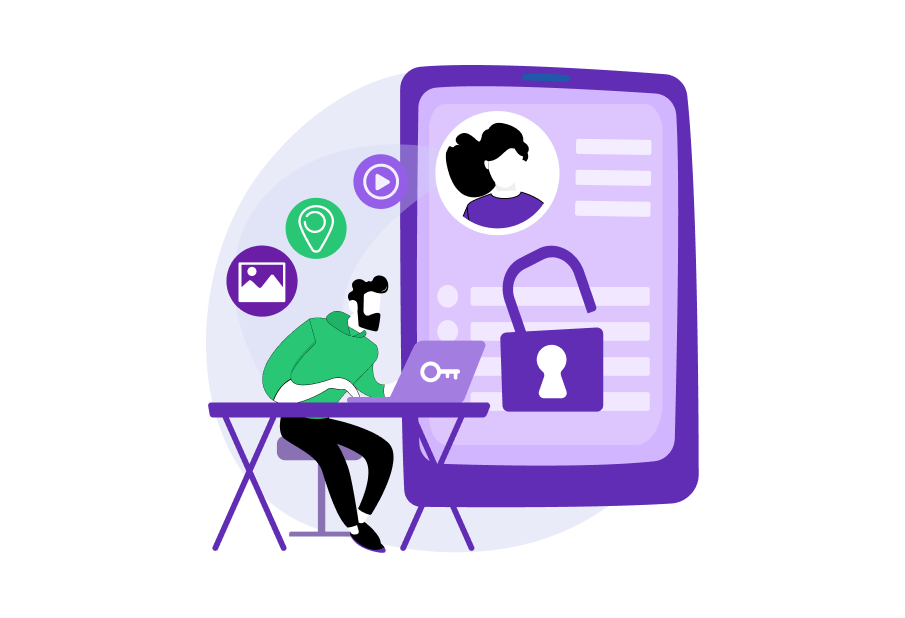
Social media has become an essential part of our lives, with billions of people using various platforms to connect, share, and engage in different online…
Read more
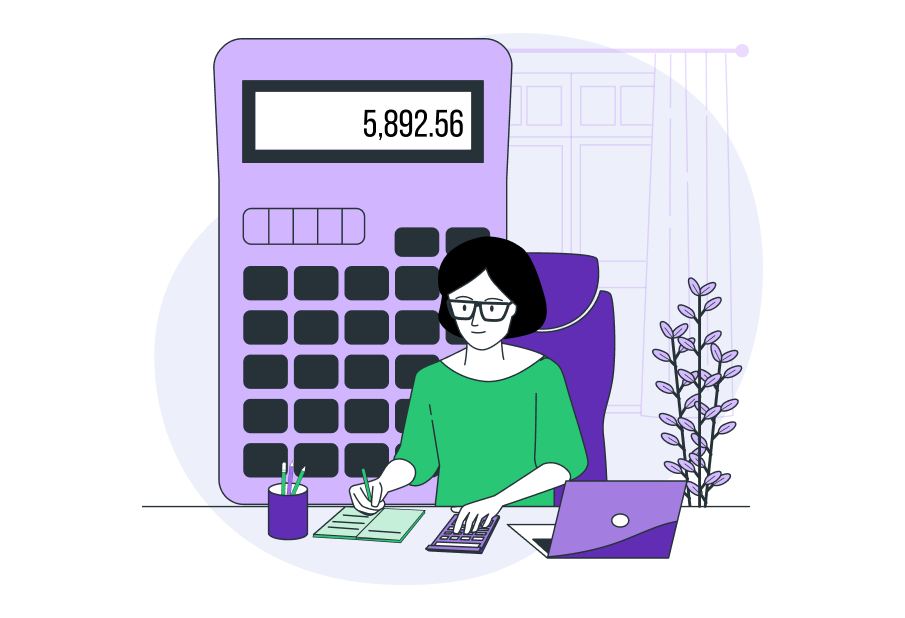
Tax season can be a stressful time for many people, especially those who are filing their taxes for the first time. However, even seasoned filers…
Read more
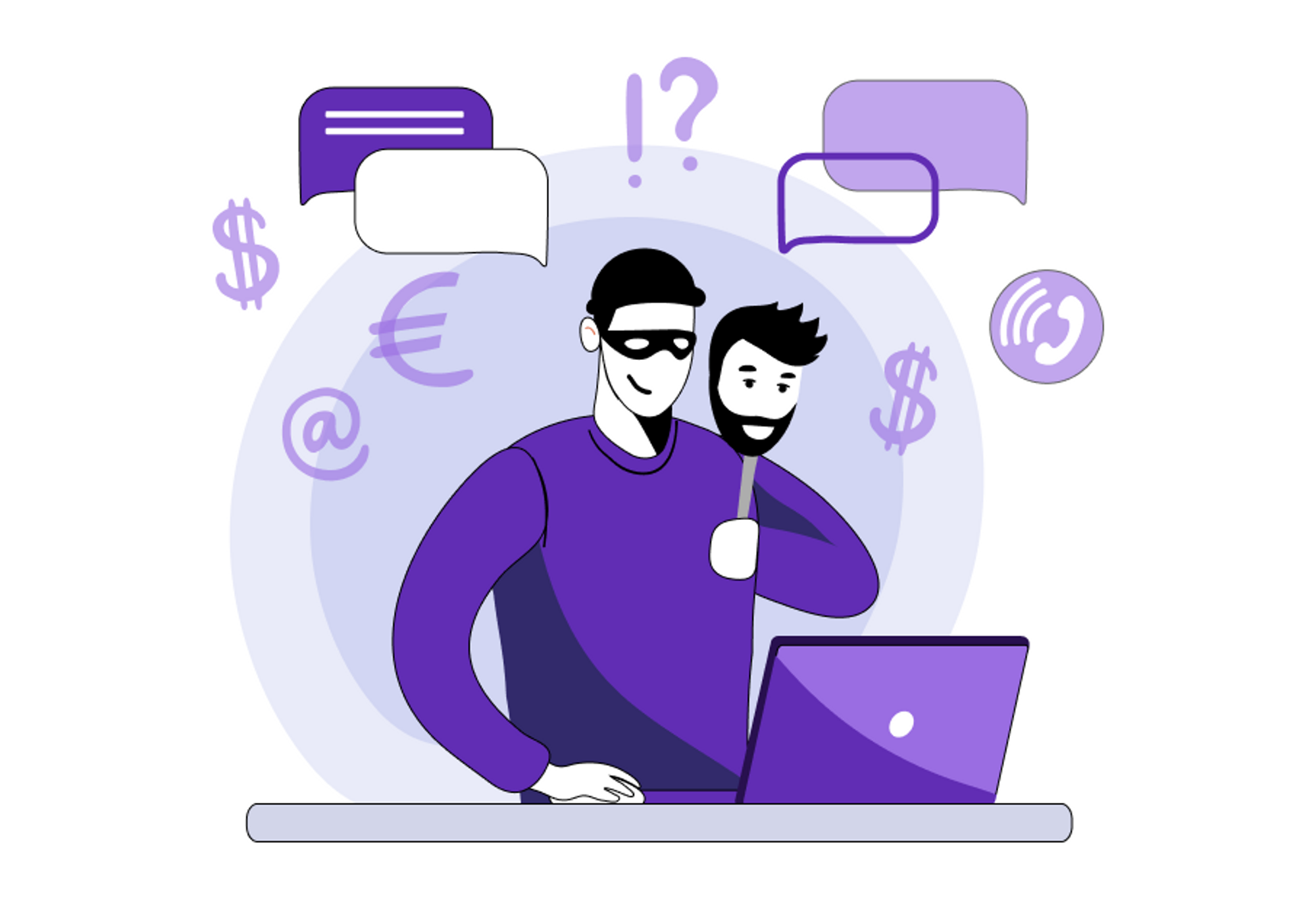
April Fools’ Day is known for its playful pranks and harmless hoaxes. Unfortunately, cybercriminals also take advantage of this day to launch their own scams,…
Read more
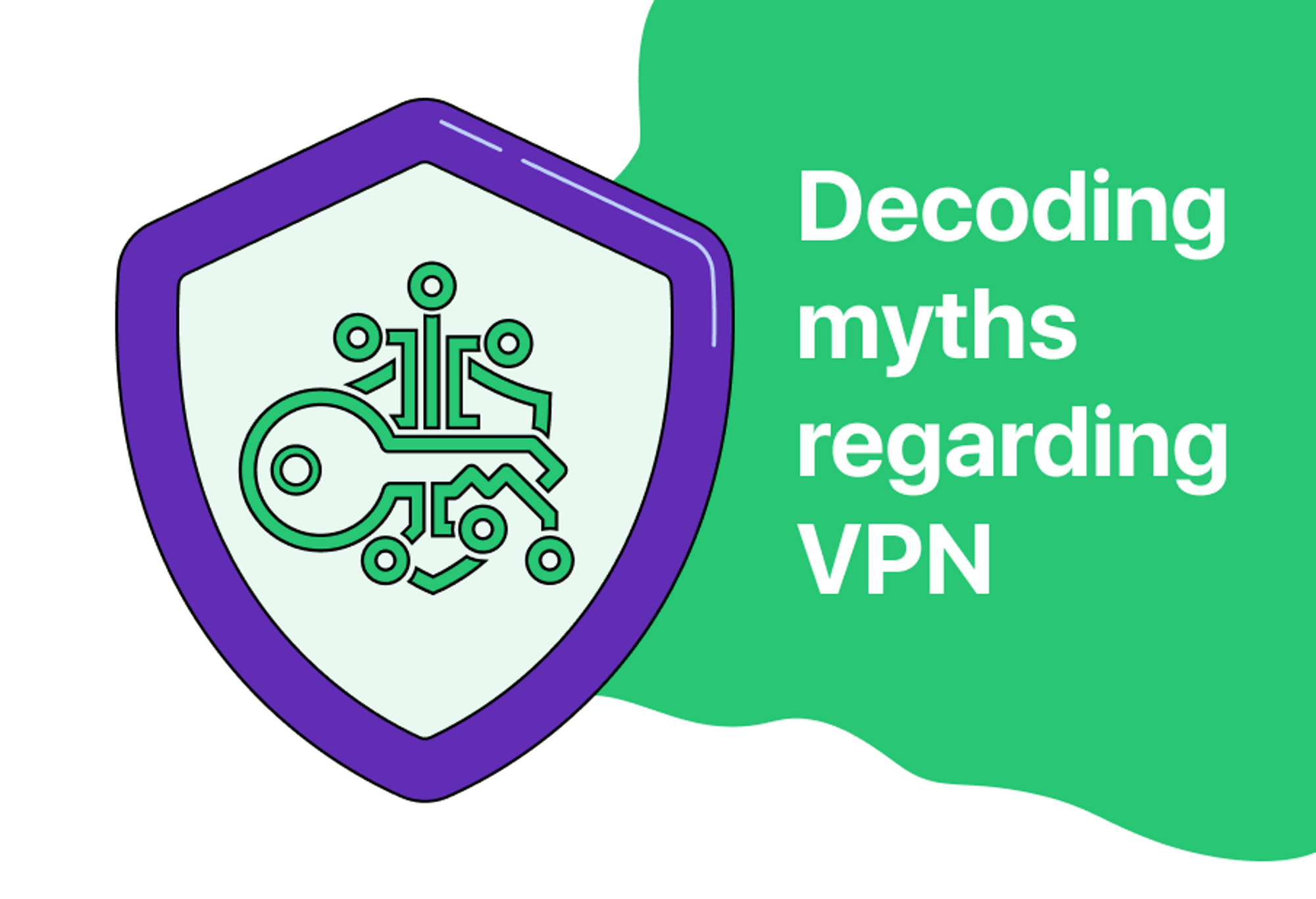
Happy April Fool’s Day, internet friends! As a VPN company, we thought we’d celebrate the occasion by sharing some of the most ridiculous, unbelievable, and…
Read more
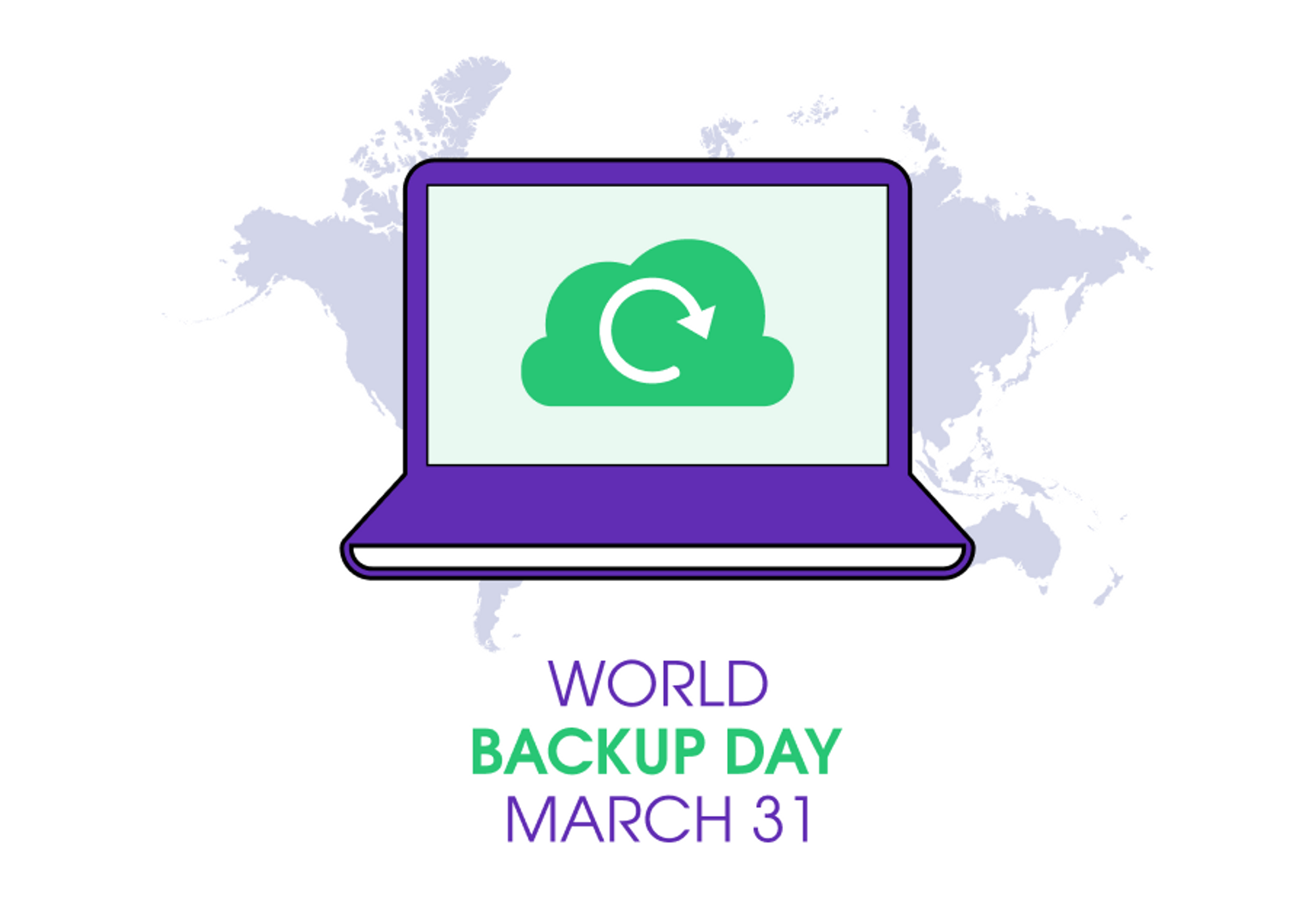
In today’s digital age, data has become a critical component of our lives. From personal photos and videos to important business documents, our digital information…
Read more
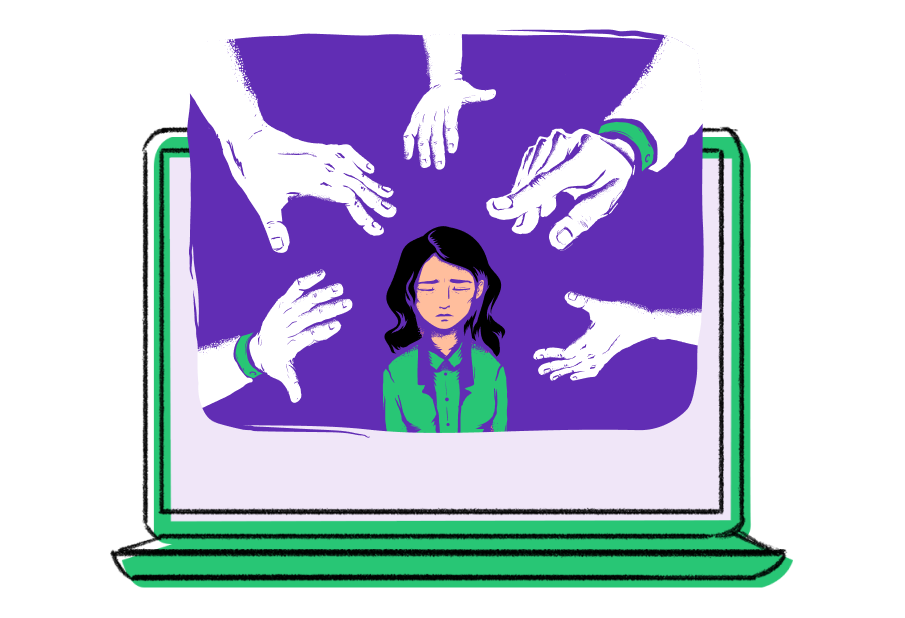
Description: Facts, stats, and data on the rising incidents of sexual harassment and violence women face on the internet every day Throughout history, the world has…
Read more
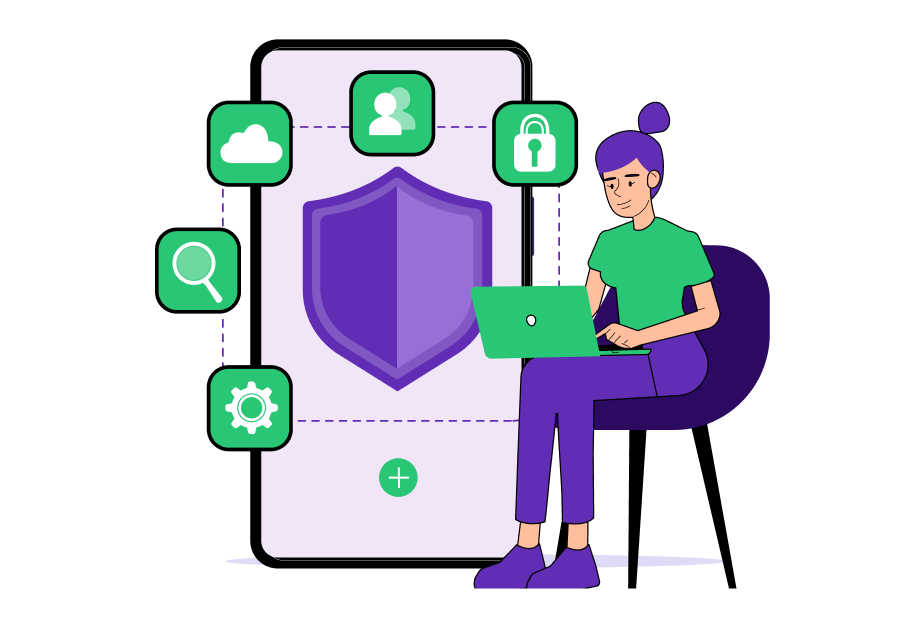
Description: This #InternationalWomensDay, we’re discussing ways women can protect themselves from online harassment Cybercrime is a serious issue that impacts everyone, but it can be…
Read more

This Valentine’s Day, share your sensitive dealings, not your feelings Valentine’s Day is supposed to be a day of love and letting yourself be vulnerable,…
Read more